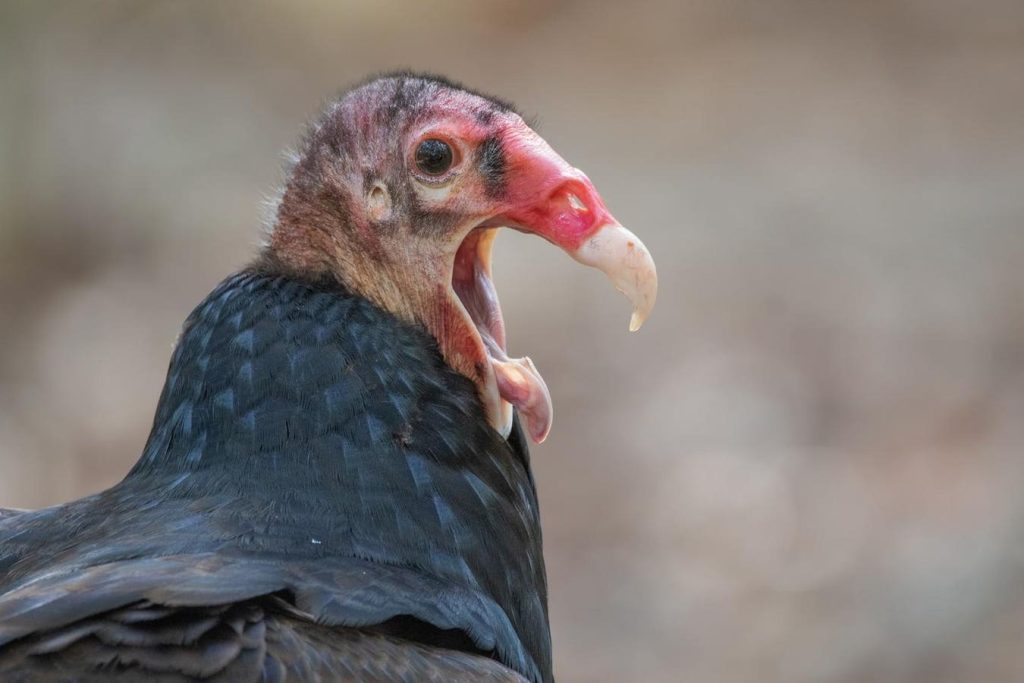The latest research conducted by a team of scientists, led by biologist Adrian Naveda-Rodriguez, has identified the cause of the declining Turkey Vulture population in North America. These large birds, known for their six-foot wingspan and carrion-eating habits, play a crucial role in the ecosystem. The findings of this study have implications not only for North America but also for South America, where the vultures migrate to during different seasons of the year.
Naveda-Rodriguez explains that their research focused on understanding the spatial and population dynamics of three different Turkey Vulture breeding populations in North America. The study revealed that the birds face a higher risk of mortality in the regions with higher road density, particularly during the non-breeding and return migration seasons. Prior to this study, little was known about the factors influencing the survival of Turkey Vultures across the Americas.
The scientist emphasizes the importance of preserving the Turkey Vulture population, as their long-term survival is dependent on human interaction during both breeding and non-breeding periods. Naveda-Rodriguez’s findings indicate that the loss of these birds in North America could have significant effects on the ecosystem services they provide in South America, where they migrate to in search of food.
Having grown up in Venezuela, Naveda-Rodriguez developed a passion for wildlife conservation and ecology early on. His extensive experience in the field of biology and conservation has enabled him to collaborate with various organizations in Venezuela, Colombia, Ecuador, and the United States. He believes that global challenges, such as the conservation of Turkey Vultures, require collaboration between scientists from different regions to achieve meaningful and impactful results.
Ana María Morales, another raptor expert in the region, works with the Fundación Aguilas de los Andes (Eagles of the Andes Foundation) in Colombia. She focuses on rehabilitating birds of prey, conducting research, and raising awareness to mitigate human-raptor conflict and conserve raptors in Colombia. Morales is involved in a project to monitor an occupied Ornate Hawk-Eagle nest in the Chocó region of Colombia, studying the diet, reproductive behaviors, and chick development of these raptors.
Both Naveda-Rodriguez and Morales stress the importance of involving local communities in conservation efforts to ensure long-term sustainability. By engaging the community in birdwatching tours, scientific tourism, and other activities, they aim to raise awareness about the value of raptors and the importance of protecting their habitats. Through their research and conservation projects, these experts are working towards safeguarding the Turkey Vulture and other raptor species for future generations to enjoy.













